In this post I would like to share my
experience in one of the most difficult tasks you face as a manager, executive
or when you have responsibilities for the results of teams whatever is the
level or the environment: team building.
We spend a lot of time leading teams and
leading with people in groups. Getting people to work well together is as
important as motivating individuals, in my opinion.
Team building is a matter of establishing
mutual confidence and trust among all the people working in your team. You
should aim to create a feeling, let´s say, of interdependence. In my experience
a good team feels shared responsibility for getting results.
A lot of readers, in managerial roles, know
very well that people do not necessarily work well together. Personal and interdepartmental
rivalries exist in the vast majority of companies. It is likely you agree with
me with this. But you need to look for them or they can ruin the most brilliant
groups.
So what´s is the point? Good teamwork is essential.
To become an effective team builder it is useful to know and understand the
behavior of the members of your team.
Normally you can find what I could call formal
and informal groups. The first one are groups that are created by the company
to achieve a defined purpose and normally are aligned with the organization
needs. The second are set up because they have some affinity for one another.
In this case the group exists to satisfy the needs of its members.
For me, the ideal situation, would be for both
groups to coincide so they will satisfy the needs of both the organization and
the individuals in it.
One of the most important things to look for in
groups is the status system that may exist within them. If you understand the
informal as well as the formal hierarchical order you will be better equipped to deal
with problems within the team.
Your aim, and this is really difficult and a
stressing task, is to create an effective team. You need to create a vision,
engage the members to become cohesive, self-supportive and finally show them
where it is going.
But the question is how can we know we have or we are
creating a real effective team?
My thought is you should look for some features
as follows:
·
The
atmosphere tends to be informal, comfortable and relaxed.
·
The
task of the team is well understood and accepted by the members.
·
The
members listen to each other. Very important, indeed.
·
There
is disagreement and the reasons are carefully examined. This is essential in my
view.
·
Most
decisions are reached by a kind of consensus.
· Criticism
is frequent, frank and relatively comfortable. In other words, there is little
evidence of personal attack either openly or in a hidden way.
·
When
action is taken clear assignments are made and accepted.
·
The
leader does not, normally, dominate it.
The readers can think other features based on
their experience. The above are just mine.
The final ingredient is your capability to
lead, in other words, your leadership.
The role of the leader is critical, especially nowadays, when we are in
times of crisis so it is when the group must get into action fast.
Within this role of leadership you must look
for getting cooperation. The members of an effective team cooperate equally
will with one another and of course, with the team leader.
But are there methods for team building? This is
not an exact science. You should develop your skills based on your experience
and by observing other managers or executives, within or outside your
organization and learn from them. This will allow you to create your own
management and leadership style.
So, in my experience, you need to demonstrate
to your team:
·
You
know where you want them to go
·
You
know how they are going to get there
·
You
know what you expect each member of the team to achieve
·
And
you know what you are doing.
When you have done the above you are ready to:
·
Encourage
participation in agreeing objectives and targets
·
Rotate
jobs within your team so that the team members identify with the reams as a
whole rather than with their own jobs.
·
Ensure
that communication flow freely within and between groups
·
Encourage
informal meetings between your team to resolve problems.
And finally, if you are a member of a team and
you want to work effectively within your group you would need as follows:
·
Understand
the purpose of the team
·
Find
out what you are expected to contribute
·
Analyze
your own skills and competences to establish how you might best contribute
·
Prepare
yourself well before meetings. For example, get your facts and arguments at
your fingertips
·
Don’t
talk too much. Think about this, the art of being a good team member is to know
when and how to intervene.
·
Assess
your own performance as a team member. Ask yourself what you are good and not
so good at doing by reference to your successes and failures, and take appropriate action.
And remember, the team makes you and not the opposite ¡¡¡






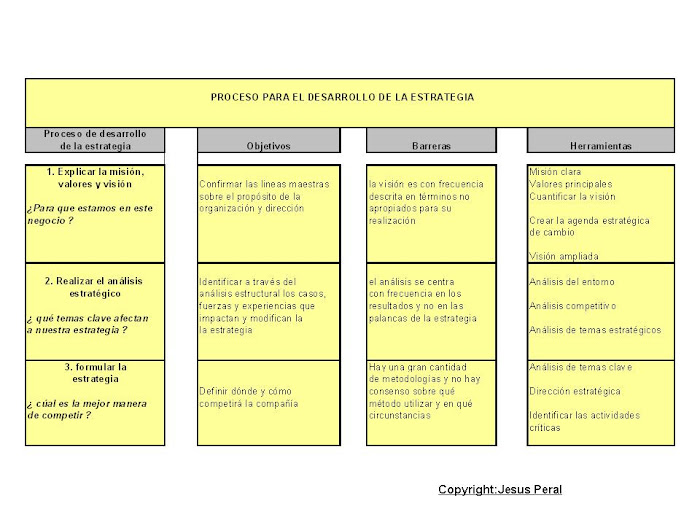

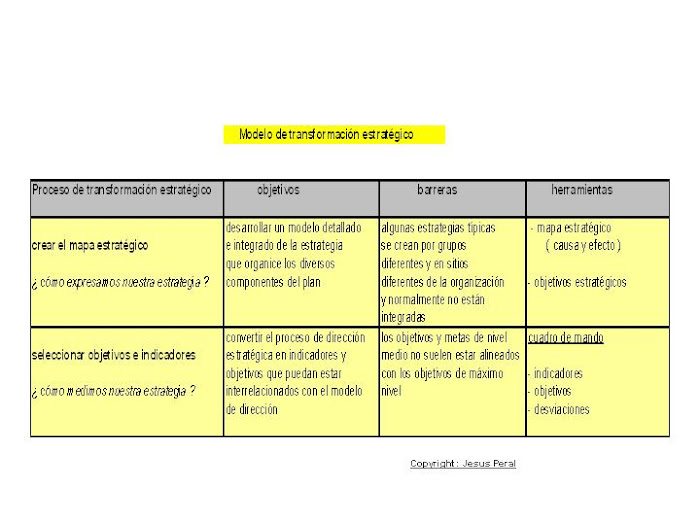
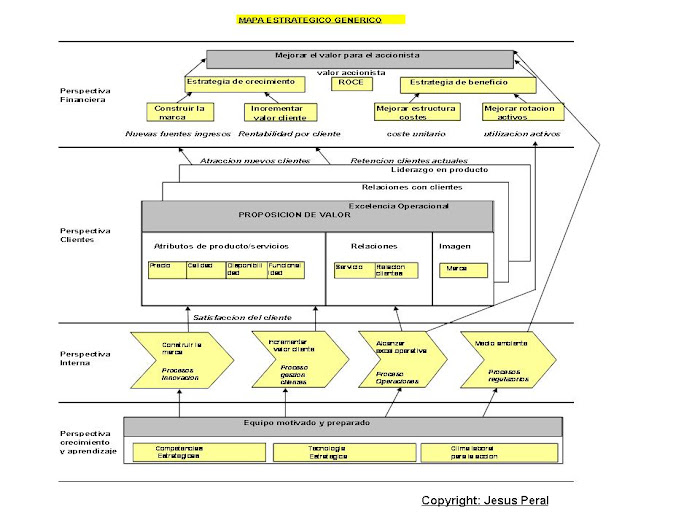

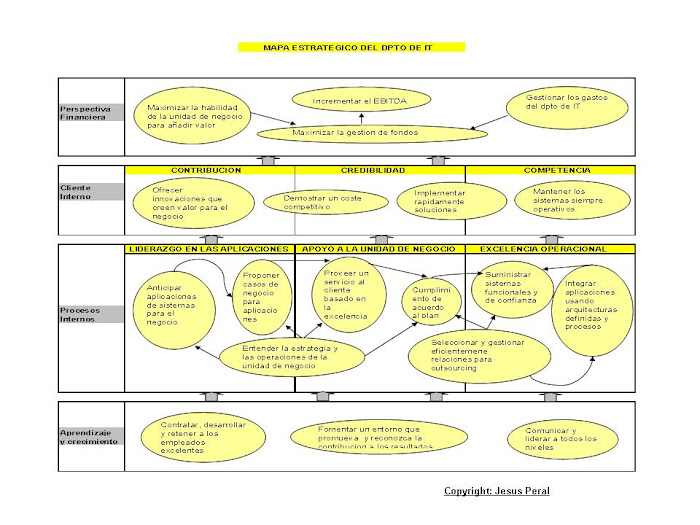
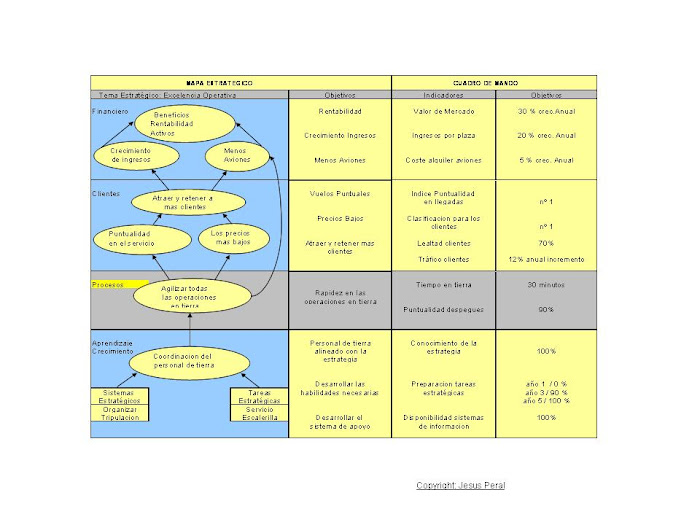
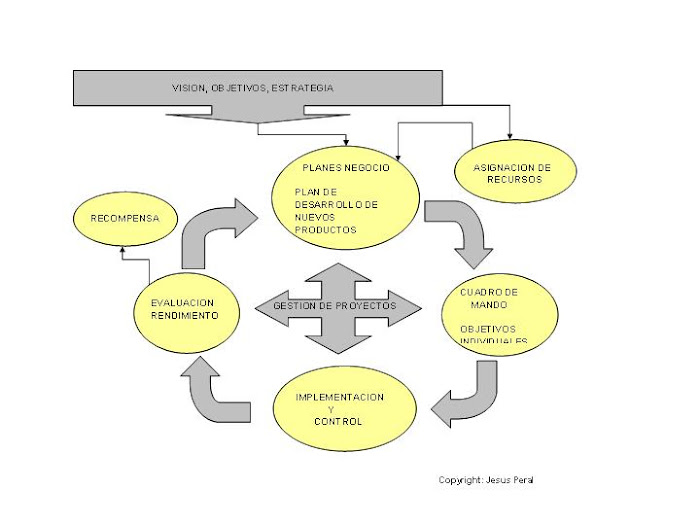

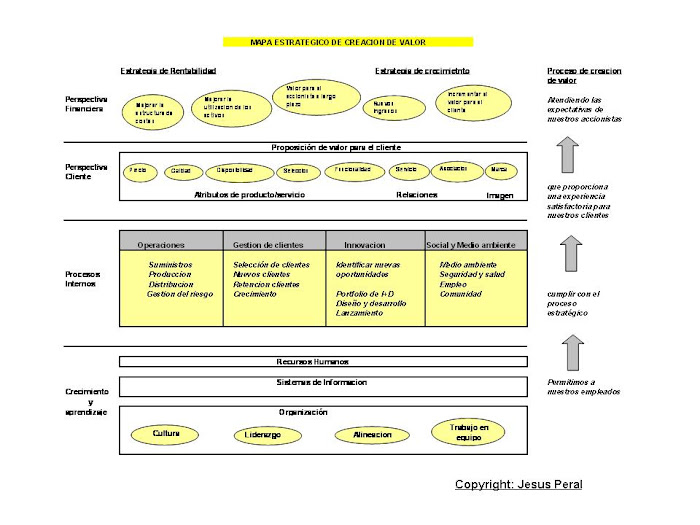




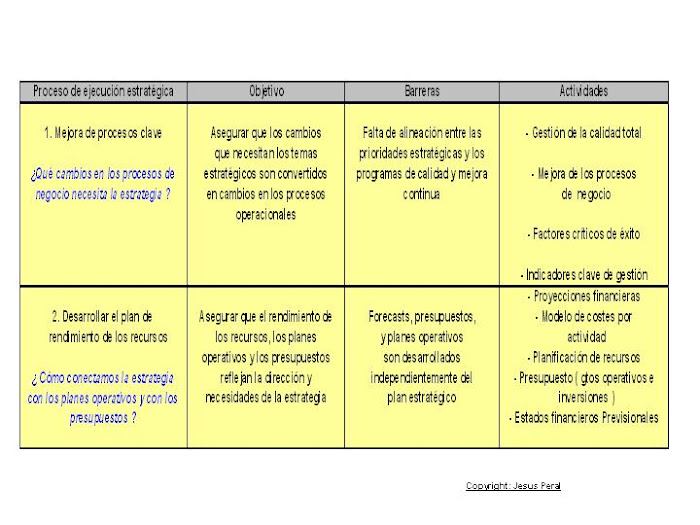
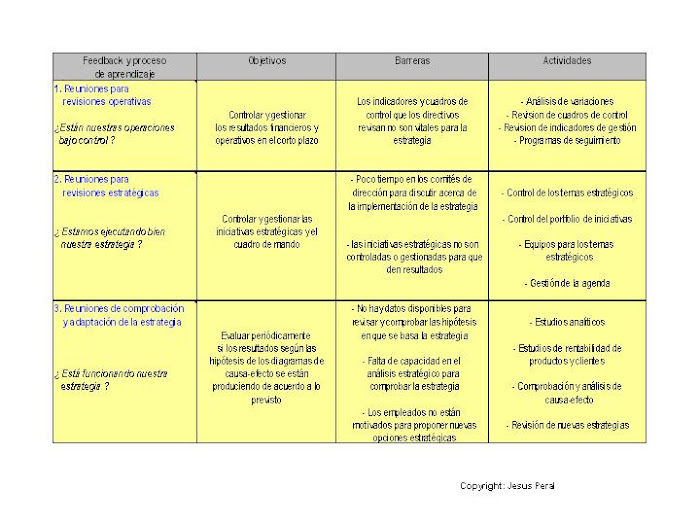


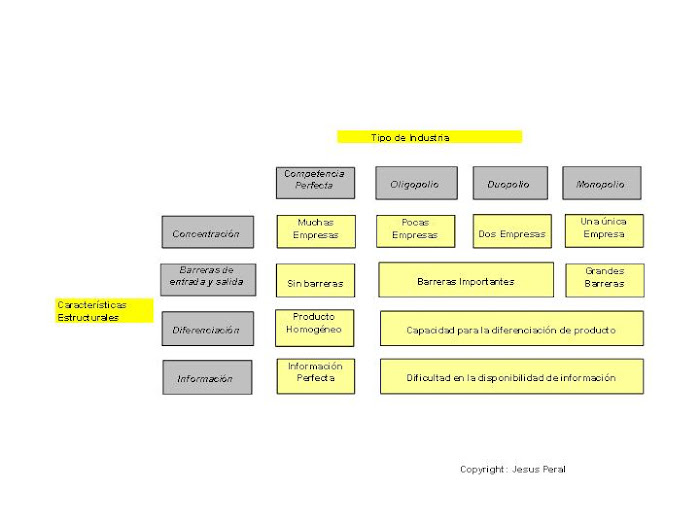

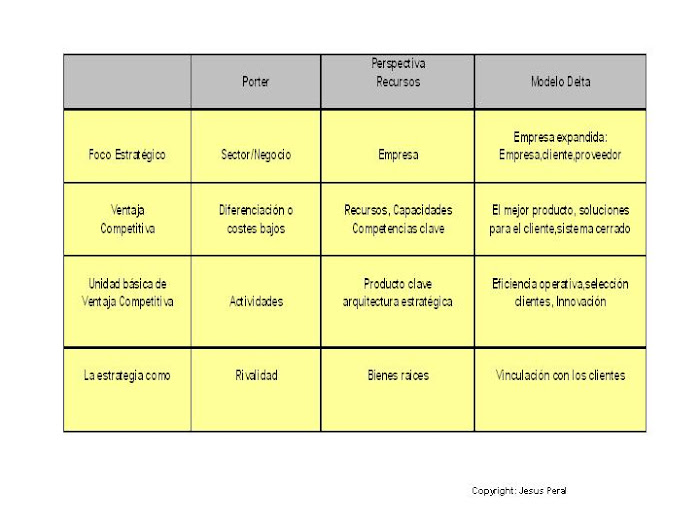
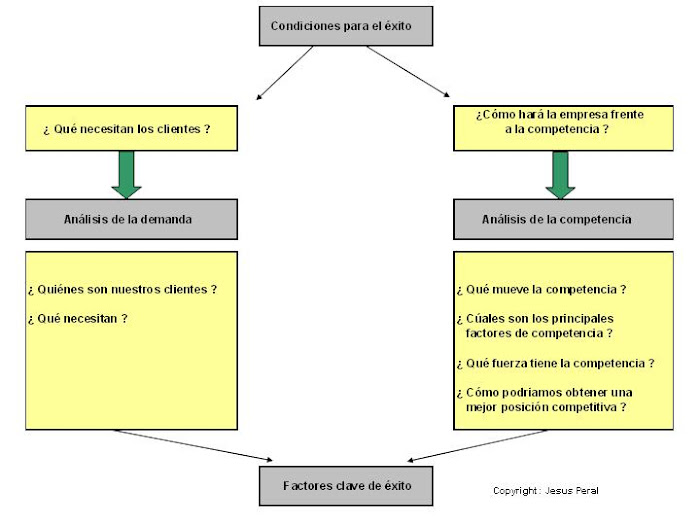
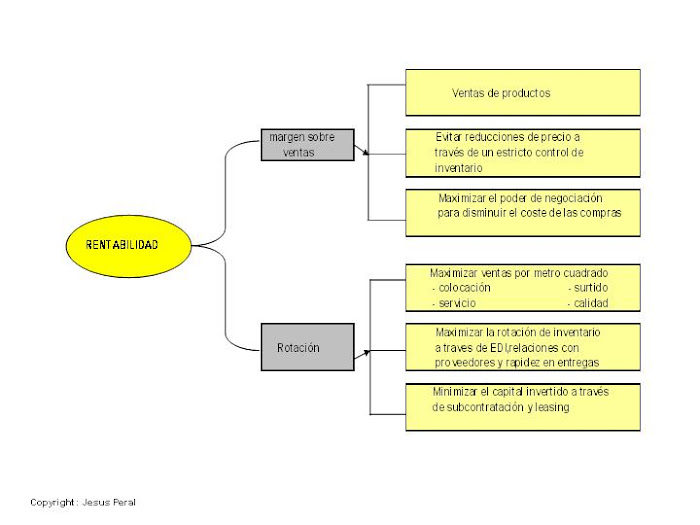





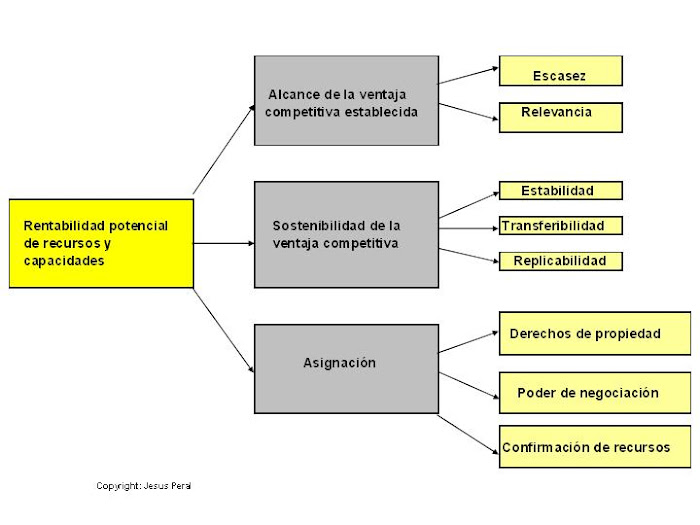

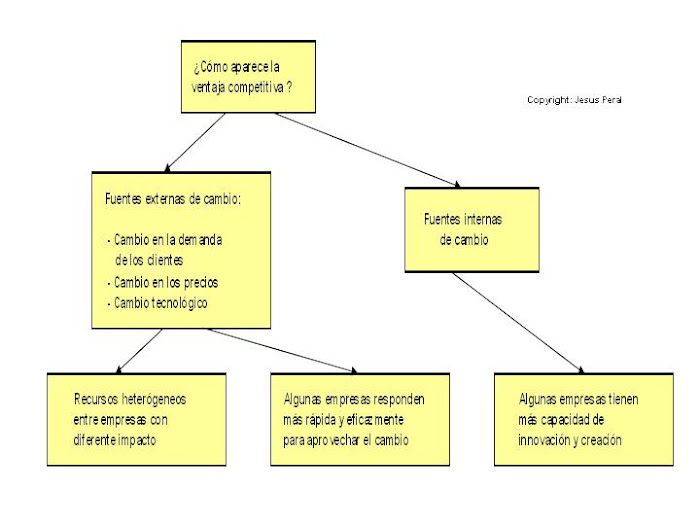

































No hay comentarios:
Publicar un comentario